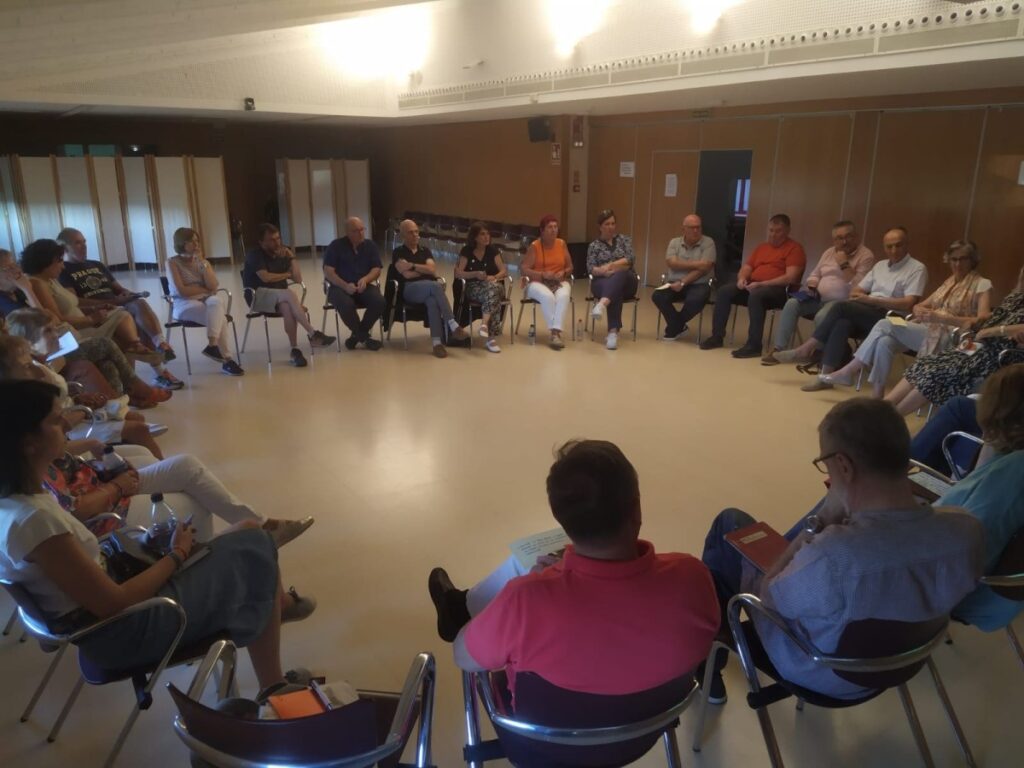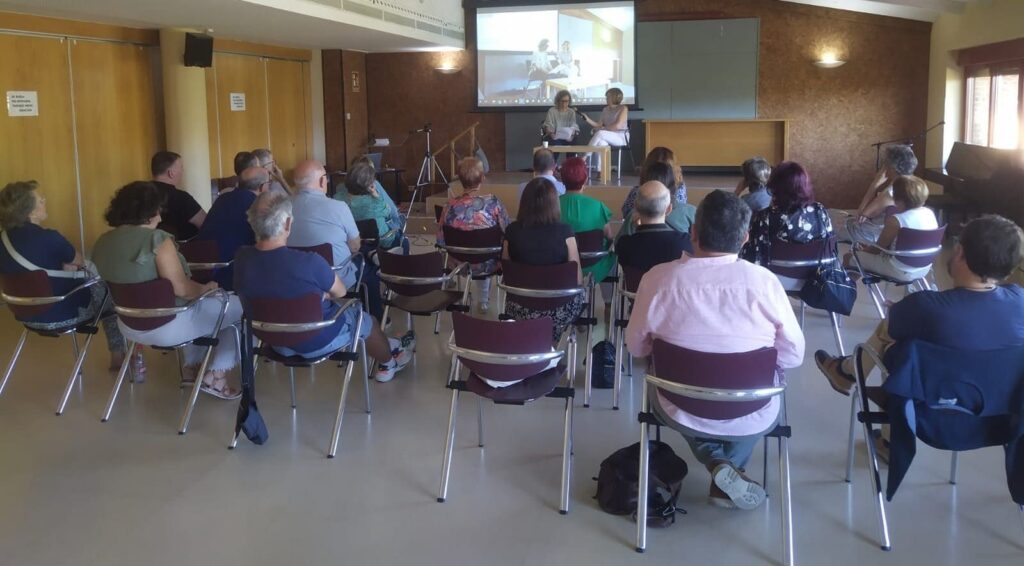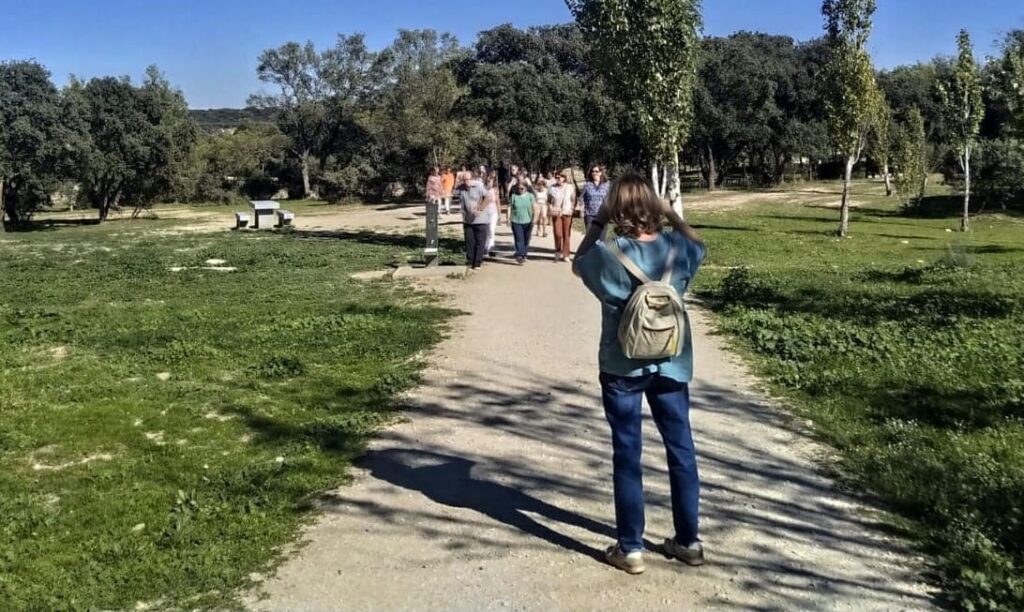The suggestive title “Does God Exist?” brought together, on 30 September and 1 October 2023, in Las Matas (Madrid), around thirty people at the meeting organized by the Dialogue Group between people of different beliefs of the Focolare Movement.
The goal was not to give an answer to the question, but to offer a space for dialogue in which to address the topic. There were three interventions by people who approached the issue from different perspectives.

In the first, Miguel Ángel Royo, based on the work The soul of atheism by André Conte-Sponville, presented his vision from the point of view of atheism, explaining the reasons that led the author not to believe in the existence of God, even if this does not exclude a spirituality in human beings.
For his part, Jordi Illa, a declared agnostic, took as reference the work of Francesc Torralba, Spiritual Intelligence, and explained how spirituality can be considered as the deepest and most common level for all people, while religiosity can respond to the need to feel united with something transcendent, and confessionality refers to aspects such as rites, rituals, dogmas, etc.

Finally, Ita Pi started from her life experience as a Christian. Her image of God has been enriched throughout her life, nourished by other religions and spiritualities. She now feels not only that she is looking for God, but that God is looking for her.
In all three cases, everything was well documented and covered in depth, without the intention of convincing anyone. The same can be said of the theme prepared by Lucas Cerviño, to whom special thanks go for his participation, given that he spoke from Mexico on Saturday night.
He dedicated his speech to Trans-confessionality. He proposed a three-level model: interiority, spirituality and religiosity, confessionality. The main nucleus is interiority, which presupposes the awareness of being crossed by immensity; the place where individuality and freedom emerge and where responsibility towards others and everything else is born. Spirituality, religiosity and confessionality are linked to interiority, otherwise they would be intimism, consumerism; fetishism, magic; ritualism, moralism.
There were many moments of dialogue, for which the decalogue presented by Iñaki Guerrero in his book Cómo ser libre (How to be free) was proposed.
 The program also included various activities such as group dynamics, walks, games, viewing of photographs and poems. All these elements were important, but we must not forget that one of the most appreciated things was the possibility of sharing these experiences in person, with small daily gestures, with more or less profound chats. In short, a true coexistence.
The program also included various activities such as group dynamics, walks, games, viewing of photographs and poems. All these elements were important, but we must not forget that one of the most appreciated things was the possibility of sharing these experiences in person, with small daily gestures, with more or less profound chats. In short, a true coexistence.
